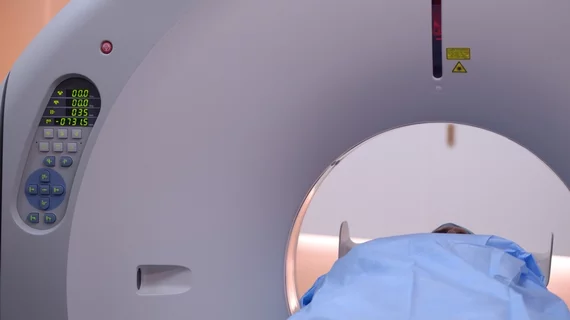Nearly 90% of significant incidental findings on lung cancer screenings are considered reportable
New data derived from the National Lung Screening Trial reveal that more than 30% of low dose computed tomography (LDCT) lung cancer screenings contain significant incidental findings that warrant radiologists’ attention.
In a case series study of 26,455 participants who underwent CT lung cancer screening, the majority of exams with a significant incidental finding (SIF) had at least one abnormality considered reportable to the patient’s referring provider.
The findings were published May 8 in JAMA Internal Medicine.
Study authors Ilana F. Gareen, PhD, Roee Gutman, PhD, and JoRean Sicks, MS, with the Center for Statistical Sciences at Brown University School of Public Health, explained that although incidental findings on LDCT screenings are not uncommon, less is known about the frequency of reportable SIFs.
For the study, the team looked at data from the National Lung Screening Trial that took place between 2002 and 2009 at 33 academic institutions. This included a total of more than 75,000 combined LDCT screenings.
While SIFs were common in their analysis, occurring in 33.8% of participants, 89% of SIFS identified on screenings were considered reportable—a finding the team suggested highlights a need for more stringent reporting guidelines relative to incidental findings.
The most common reportable SIFs identified were emphysema (8,677), coronary artery calcium (2,432) and masses (1,493) of the kidney, liver, adrenal and breast. Reportable SIFs were more often associated with participants who had positive findings on their LDCT screening.
Reportable SIFs are more likely to require follow-up exams and potentially treatment, the authors noted. They should, therefore, require consistent reporting and “should follow established guidelines to potentially minimize costs to patients, clinicians, and the health care system,” they later added.
The team recommended that future research on the subject focus on standardizing SIF reporting.
The study abstract can be viewed here.

